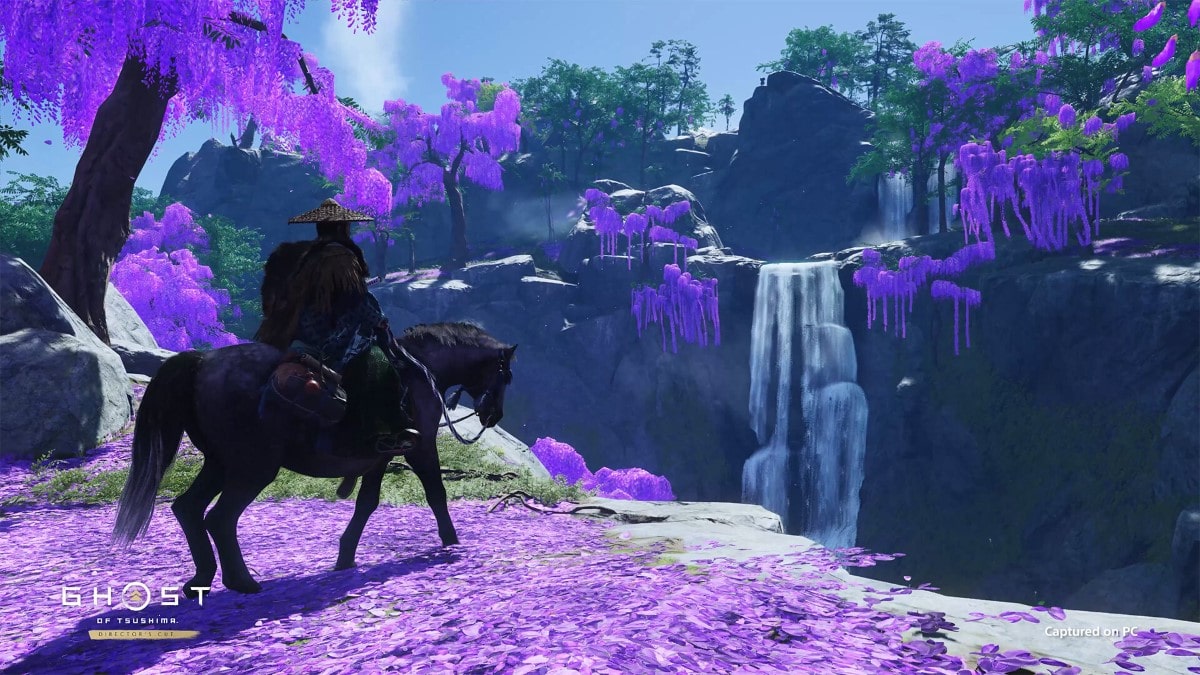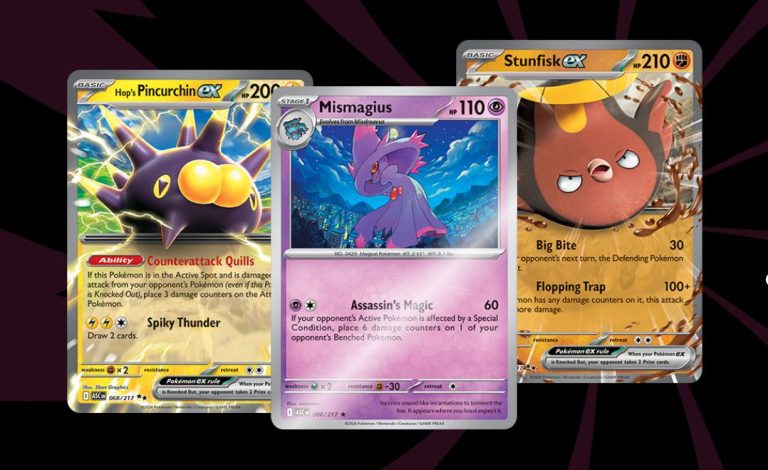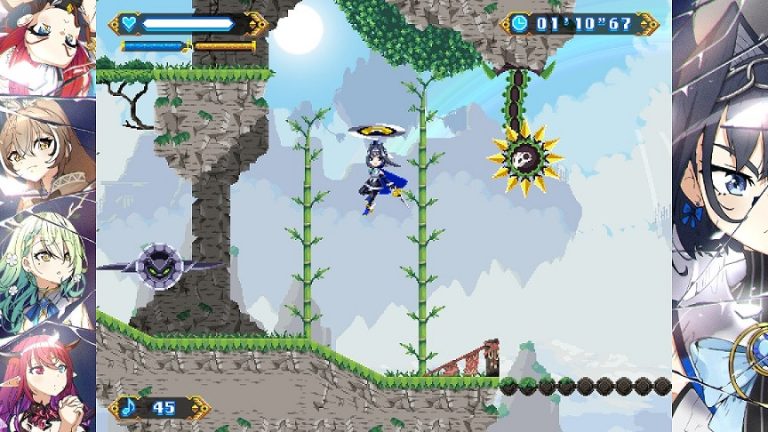Samurai, ninja and feudal warlords have always been popular themes in media, but as far as overseas depictions of Japan go, historical inaccuracies and awkward cultural misunderstandings are a common issue. These things can lead to titles being boycotted by Japanese viewers, or at the very least, getting dunked on and reduced to memes.
But it’s not just about how historically accurate a game is. Writing for ITmedia Business, Nomura Securities analyst Kensaku Namera recently talked about what determines a Japan-themed game’s reception in Japan. He names Sucker Punch Productions’ Ghost of Tsushima as a prime example of a historical game about Japan done right, and explains why the title is so loved by Japanese people despite its deviations from historical fact.
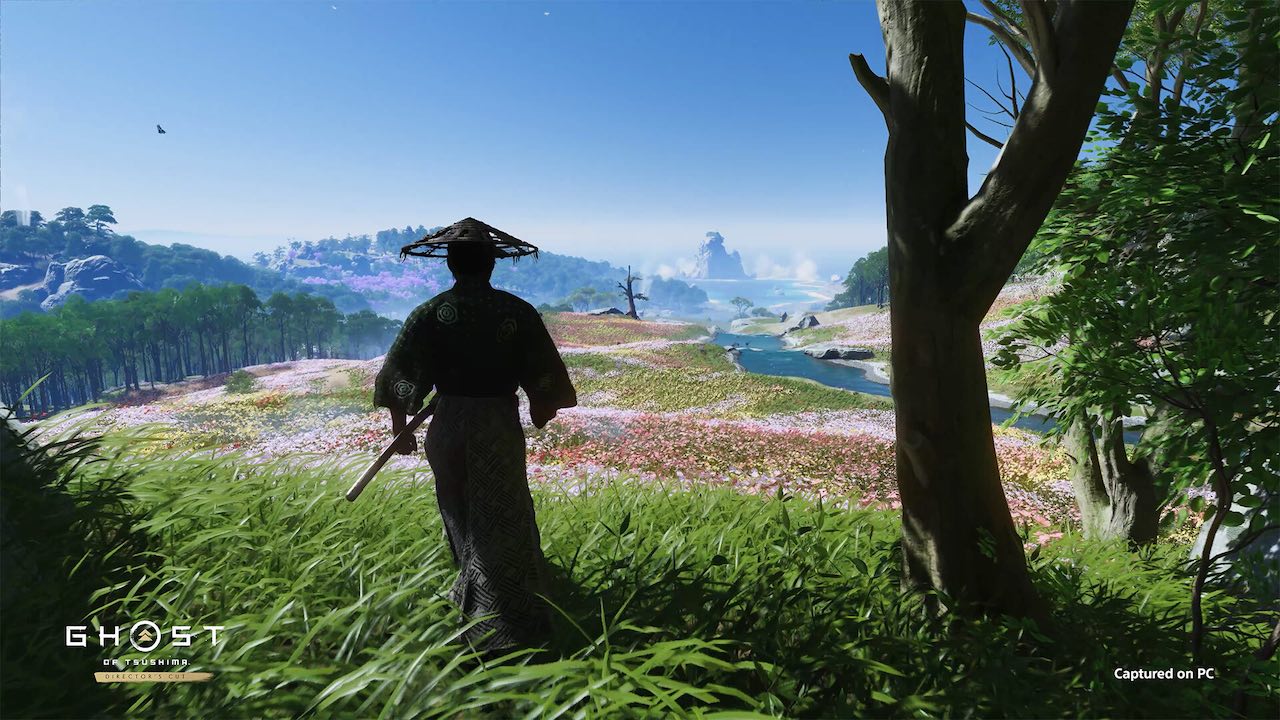
Released in 2020 for the PS4, Ghost of Tsushima takes players to feudal Japan during the first Mongol invasion. Although its set against real-life events at a real-life location, the acclaimed title takes liberties in the name of entertainment value and gameplay – dramatizing historical events, changing up geography, and introducing anachronistic elements (for example, things like Jin’s samurai armor and haiku poetry should not exist at that time).
However, none of these discrepancies have been criticized as flaws by Japanese players. Namera attributes this to how the game does not impose anything in terms of ideology, but rather presents itself as pure entertainment. “If a game contains depictions that show a Western-centric view of history, depictions that imply that “Japanese culture and history were informed and guided by the West,” or descriptions that seem to be fabricating Japan’s role in historical events, it will naturally provoke strong backlash from the market.”
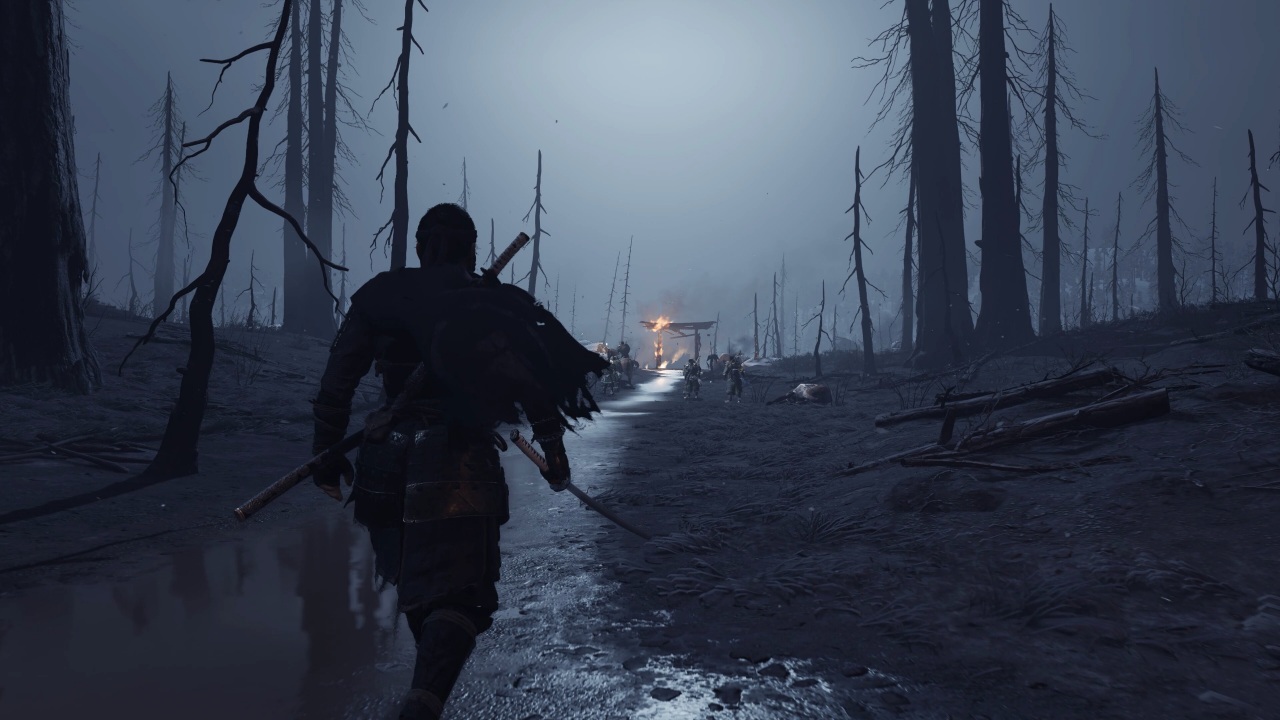
Namera goes on to explain that “the biggest reason why Ghost of Tsushima was accepted in the Japanese market without any sense of incongruity was that there was very little such “imposition of culture or ideology.”
Ghost of Tsushima’s developers have emphasized that their game puts entertainment value first and is not meant to be a one-to-one recreation of history on numerous occasions. But despite this entertainment-first approach, Sucker Punch put great effort into researching their subject matter when making Ghost of Tsushima. They visited Japan, consulted historians and motion captured Japanese sword-fighting experts. They even gave up on featuring real-life historical figures in the game, heeding the advice of their consultants.
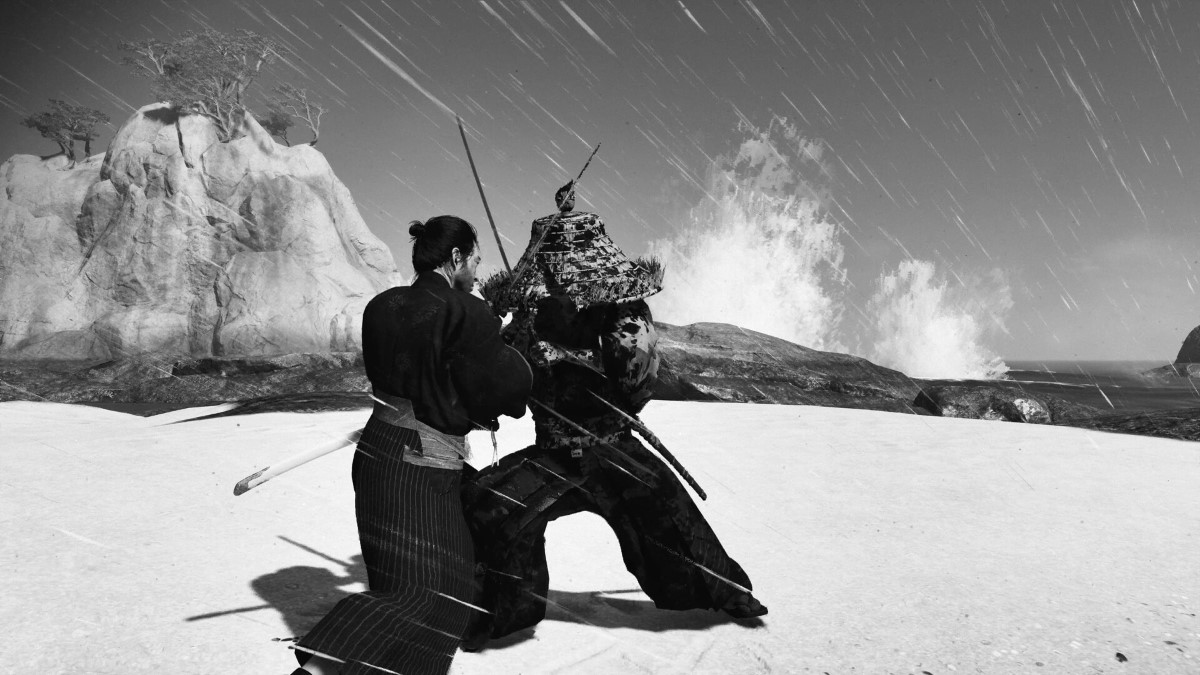
By showing an understanding of the culture and avoiding faux pass, Ghost of Tsushima’s developers made a game about Japan that’s come to be loved by Japanese people. In this sense, Namera concludes that “what’s important for history-themed games and media is not simply consistency with historical facts. It’s important to have a deep understanding of the culture and history, to not impose any ideology, and above all, to place top priority on entertainment value.”
Ghost of Tsushima is available for the PS4/PS5 and PC (Steam). Sucker Punch Productions recently announced its sequel, Ghost of Yotei, which is scheduled to launch in 2025 for the PS5.

